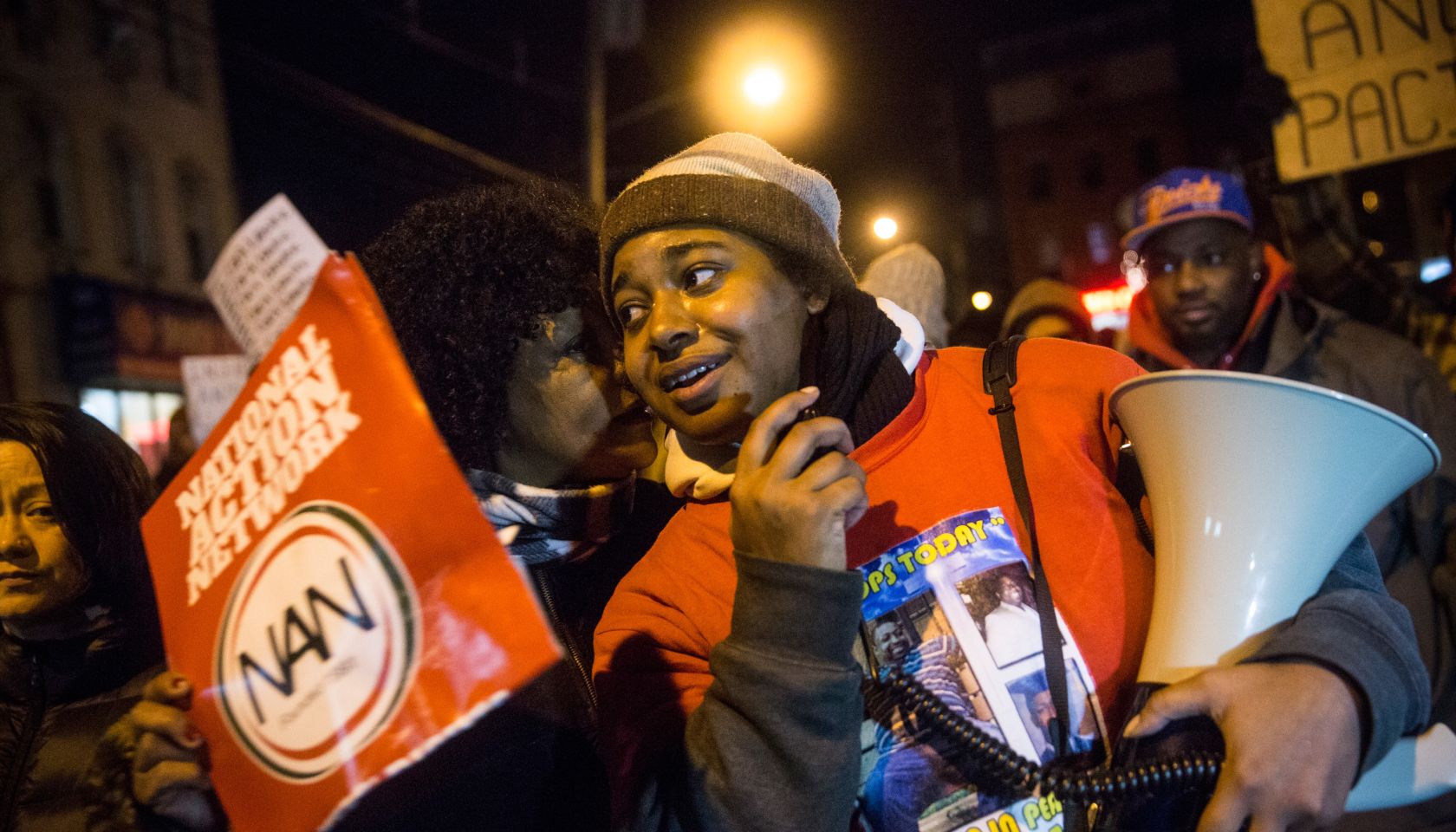Slavery's Effect On The Modern Republican Party
You Don’t Say? Racism Helps Republicans Win Elections According To Research
In what should come as no surprise to anyone with a functioning brain, a new study entitled, “The Political Legacy of American Slavery,” says that racism has helped the Republican party win elections—especially in the South where slavery used to be a mainstay.
“After all, slavery’s enduring legacy is evident not only in statistics on black poverty and education. The institution continues to influence how white Southerners think and feel about race—and how they vote,” write the authors of the study.
In fact, according to the Washington Post, which published the findings, the counties or areas of the country where slavery was most prevalent vote Republican and continue to have the least progressive views on race (i.e., 20 percent of Republicans are against interracial dating/marriage, vs. 5 percent of Democrats.)
Of course, we are talking about the modern Republican party, not the “party of Lincoln.” A cursory history lesson shows that Dixiecrats left the Democratic party en masse after the Democratic party (led by President Lyndon Johnson) passed the Civil Rights Act of 1964.
According to the Post, “[Authors] Acharya, Blackwell and Sen examined data on racial attitudes from national polls conducted in 2010 and 2011, using the responses of white participants in the states of the former Confederacy, including West Virginia, as well as Missouri and Kentucky, slave states that did not secede. Those in counties where more slaves lived in 1860 were more likely to hold negative views of African Americans.”
The study also found that in the areas where slavery was prevalent, white voters in those areas were more likely to reject the presidency of Barack Obama.
Further, the negative beliefs that many Republicans hold are (not surprisingly) developed in childhood, regardless of how the mores and views country has moved:
“In general, there is evidence that children receive their racial prejudices from their parents, as well as the other adults in the communities in which they live. The three political scientists examined data from a national survey of high school seniors first conducted in 1965, which found that the students’ feelings about race were closely correlated with those of their parents.
Those statistics didn’t change at all in 1997, when surveyors talked to the former students again. In other words, adults’ feelings about race were still influenced by how they grew up after their 50th birthdays, even during a period when attitudes toward race in society at large were liberalizing rapidly.”
It should be noted that Republican candidates do not necessarily appeal to voter’s racial anxieties, but racial biases are passed from one generation to another, especially where black people were enslaved.
The most interesting part of the study is that it shows that slavery didn’t just affect black people’s outcomes in terms of poverty, education, housing and economics but white Americans as well—not only the converse of those things, but their views of race, and even their votes.
Read the entire report here [PDF].
SOURCE: The Washington Post
SEE ALSO:
















